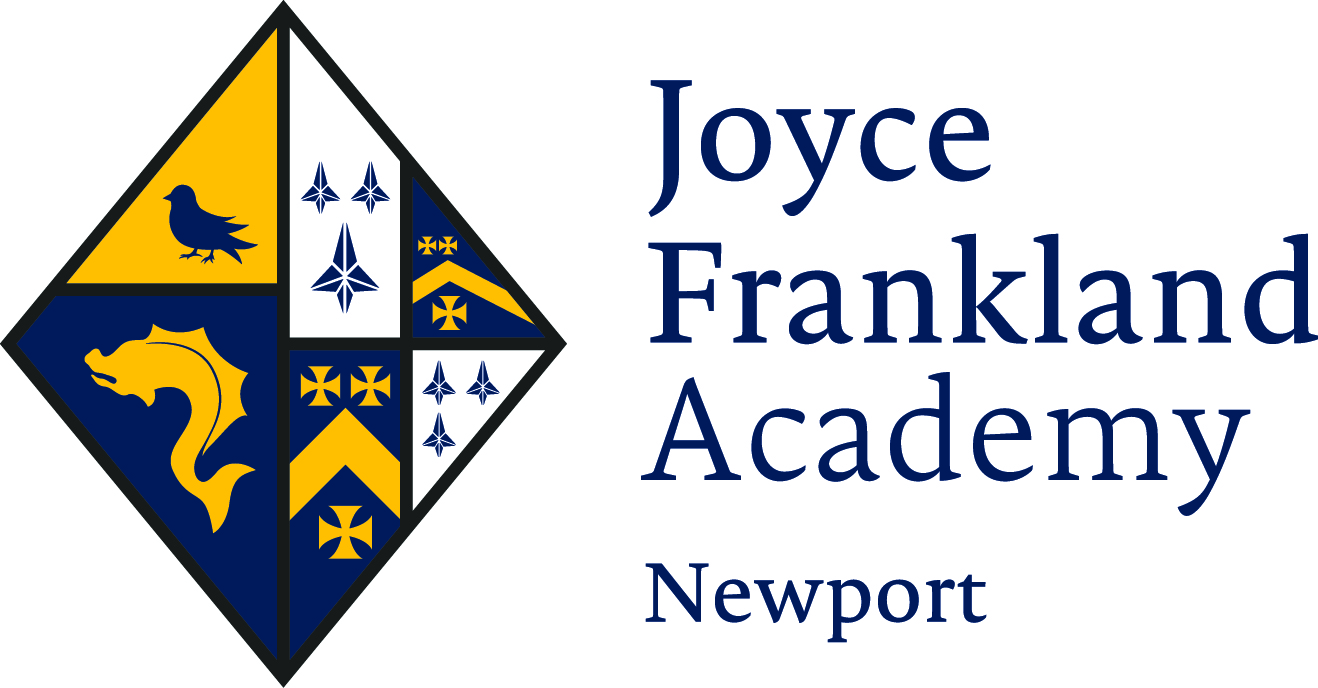KS4 Media Studies
Course Overview
Learners will develop a wide understanding and appreciation of a wide range of media forms and contexts. The curriculum should enable students to develop a range of terminology in order to analyse a range of media texts from both historical and contemporary contexts. Learners will also be challenged to consider the industries that produced the media texts and the reasons for their choices of production. Students will also be able to utilise these techniques and skills in their own practical work. Learners will therefore have a firm grounding of practical and analytical skills to take forward into the next stage of their education.
Media Framework (to be applied to all topics)
– Media Language
– Media Industry
– Media Audiences
– Media Representation
– Media Contexts – Historical, social, cultural, political, economic
Industries studied
– Magazines
– Music Videos
– News – print, online and participatory media
– Contemporary and historical television drama including serial and long form
– Marketing and Promotion including merchandising and franchises
Practical NEA – Series of set tasks linked to the topics above
Wider Impact:
The Media Studies curriculum encourages students to look in far deeper detail at the products that both they and the world around them consume on a day-to-day basis and challenge what they see. In a world where the Media has considerable influence over contemporary society, students gain an appreciation for how institutions (both in contemporary and historical contexts) seek to position their consumers and how consumers respond in a variety of ways. Learners also live in a world where image is everything and each aspect of society has a media presence. Learners are encouraged to develop skills in not just interpreting these texts but creating these texts for themselves.

